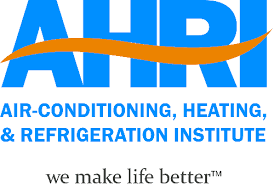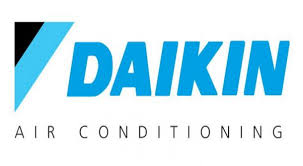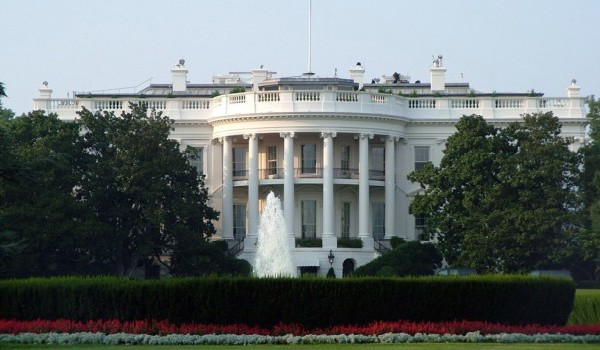AHRI publish refrigerant management research
USA – The Air-Conditioning, Heating, and Refrigeration Institute (AHRI) have announced the recent publication of their research project, entitled AHRI 8018: Review of Refrigerant Management Programs. The institute claim that the project is designed to characterize the refrigerant management and recycling programs implemented in key regions of the world, as well as evaluating their effectiveness, and determining best practices as they pertain to the U.S. refrigerant business.
The institute revealed that the report focused on seven primary jurisdictions: Australia, Canada, California, the European Union, Japan, the United Kingdom, and the United States. The report was also extended to include a high-level review of activities in the rapidly developing markets of China and Brazil. The outline of the research project was to characterise the current processes for original equipment manufacturers, contractors, end users, as well as declaimers on handling refrigerants, how and where refrigerant recycling happens, and the amount of refrigerants that are ultimately destroyed.
Launching the publication of the report, Karim Amrane, AHRI Sr. Vice President of Regulatory and International Policy, declared that “This report marks the culmination of the largest effort ever attempted to determine the refrigerant ‘lay of the land’ on a global scale.” Mr Amrane continued, stating “The information it contains will be invaluable as the world moves closer to phasing down HFCs and replacing them over the coming decades.”
The AHRI also revealed that Navigant Consulting, Inc., had conducted a literature review and interviewed key personnel in the target jurisdictions as part of the process to develop the detailed content of this report. The final results were reached only after extensive research covering the regulations, roles and responsibilities, funding sources, incentive and enforcement mechanisms, performance, refrigerant recovery, tracking and reporting, outreach, training, and flow of refrigerants in the nine jurisdictions.















